How to Choose the Right Boiler Tube: A Complete Guide
Recently, the third 750MW unit of the Bellary Thermal Power Station (BTPS) in India was forced to shut down for three days due to boiler tube leakage and other technical problems. This incident not only impacted the local power supply, but also once again aroused the industry's high attention to the selection and quality of boiler tubes. As a key component in thermal equipment, the performance of boiler tubes directly determines the stability and safety of equipment operation. So, in the face of a wide variety of boiler tube products, how should users scientifically select and avoid potential risks?
1. Clarify the use environment
The first step in selecting boiler tubes is to select materials according to the design conditions of the boiler. If it is a medium and low pressure boiler (operating pressure below 3.8MPa), carbon steel materials such as 20# and ST45 can be selected; while high pressure or ultra-high pressure boilers must use alloy steel boiler tubes, such as 15CrMoG, 12Cr1MoVG, P91, etc., which have excellent creep resistance and oxidation resistance.
2. Select standards and determine quality
High-quality boiler tubes must comply with relevant national or international standards, such as China's GB 5310, the United States'
ASTM A192/A213, Germany's DIN17175, etc. These standards strictly stipulate the chemical composition, mechanical properties, dimensional tolerances and non-destructive testing requirements of the tubes, and are the most direct basis for judging the quality of the tubes.
3. Pay attention to the heat treatment process
The manufacturing of boiler tubes is not only "forming", but also "quality". Heat treatment processes such as normalizing, annealing, quenching and tempering can significantly improve the organizational structure and heat resistance of steel tubes. Boiler tubes serving under high temperature and high pressure are prone to early cracking, leakage and even bursting accidents if the heat treatment is not up to standard.
4. Choose a strong manufacturer
Preferably, companies with quality management or product certifications such as ISO9001, ASME, PED, etc. have more standardized raw material control, production processes and inspection processes, high consistency of finished products, and more guaranteed services. At the same time, large manufacturers can usually provide customized support and after-sales service to help users formulate more appropriate procurement and maintenance plans.
5. Ask three questions when purchasing to avoid hidden dangers:
What standard does this boiler tube comply with?
Has it been heat treated and non-destructively tested?
Does it have a third-party material and performance test report?
Conclusion
Although boiler tubes are "supporting roles", they affect the safety bottom line of the entire boiler system. From material selection to manufacturing standards, from heat treatment to brand assurance, every link cannot be ignored. The BTPS incident once again reminds the industry that only scientific material selection and strict control can ensure the long-term, safe and efficient operation of boiler equipment.







 English
English Español
Español بالعربية
بالعربية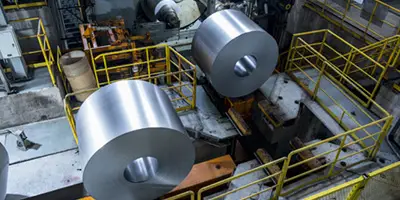
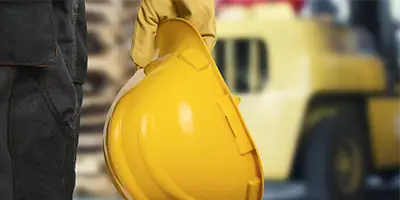
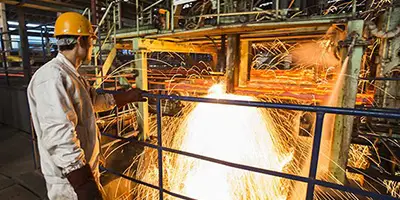
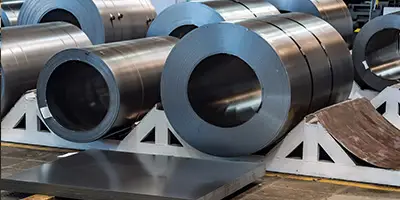

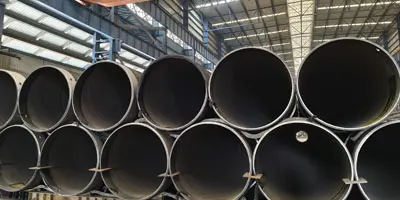
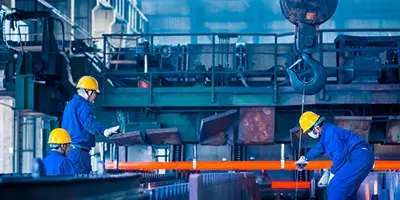
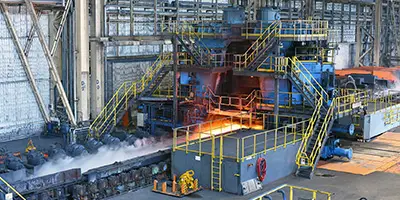
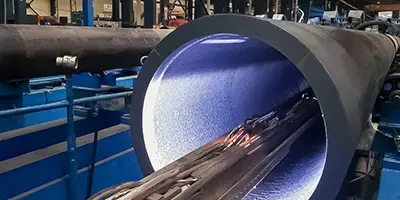
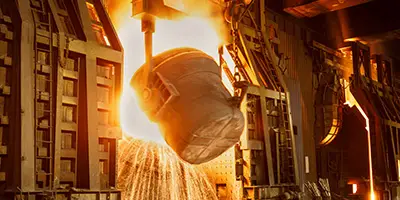
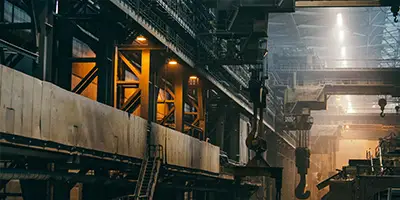
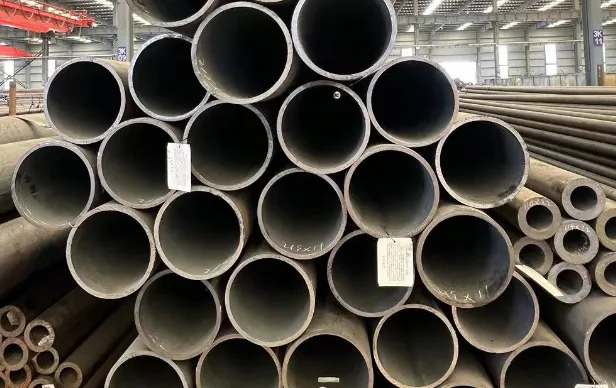
 Phone :
Phone :  Whatsapp :
Whatsapp :  Email :
Email : 


